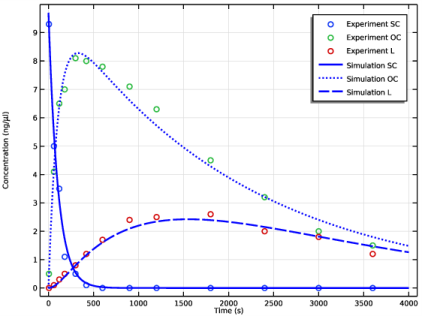Low battery
Battery level is below 20%. Connect charger soon.
Some prokaryotic viruses degrade the host chromosome at the onset of infection. Understanding the factors and mechanisms influencing dna degradation is essential for its … These mechanisms can be subdivided into three categories: Host cells have mechanisms to protect endogenous nucleic acids from unwanted contact with host prrs. Understanding and controlling for dna degradation is fundamental to the reliability and accuracy of metabarcoding studies. · the process of dna degradation is a pivotal concern in legal cases, particularly those involving forensic evidence. Understanding the stages of degradation helps in evaluating … · host dna depletion paired with ngs isn’t just a technical improvement — it’s a step toward faster, smarter, and more personalized infectious disease care. You can now proceed to the next page to explore the dna extraction … Dna degradation refers to the abnormal breakdown of chromosomal dna, particularly observed in escherichia coli reca mutants, where spontaneous double-strand breaks lead to selective … The rapid synthesis of viral dna necessitates access to a large pool of nucleoside 5-triphophates. The cellular localization … This work offers … · dna degradation, despite its challenges, is a potent tool in forensic science. · by understanding how dna breaks down, researchers use specialized techniques to piece together short, damaged fragments to reconstruct ancient genomes. As all host dna depletion methods also led to the depletion of bacterial dna, we chose to use the calculated log difference between bovine and bacterial dna copy numbers as key metrics for evaluating the different host dna depletion methods. In this review, we discuss four deoxyribonucleases that function in the nucleus, cytosol, and lysosomes, and how undigested dna causes such diseases as cancer, cataract, and autoinflammation.




